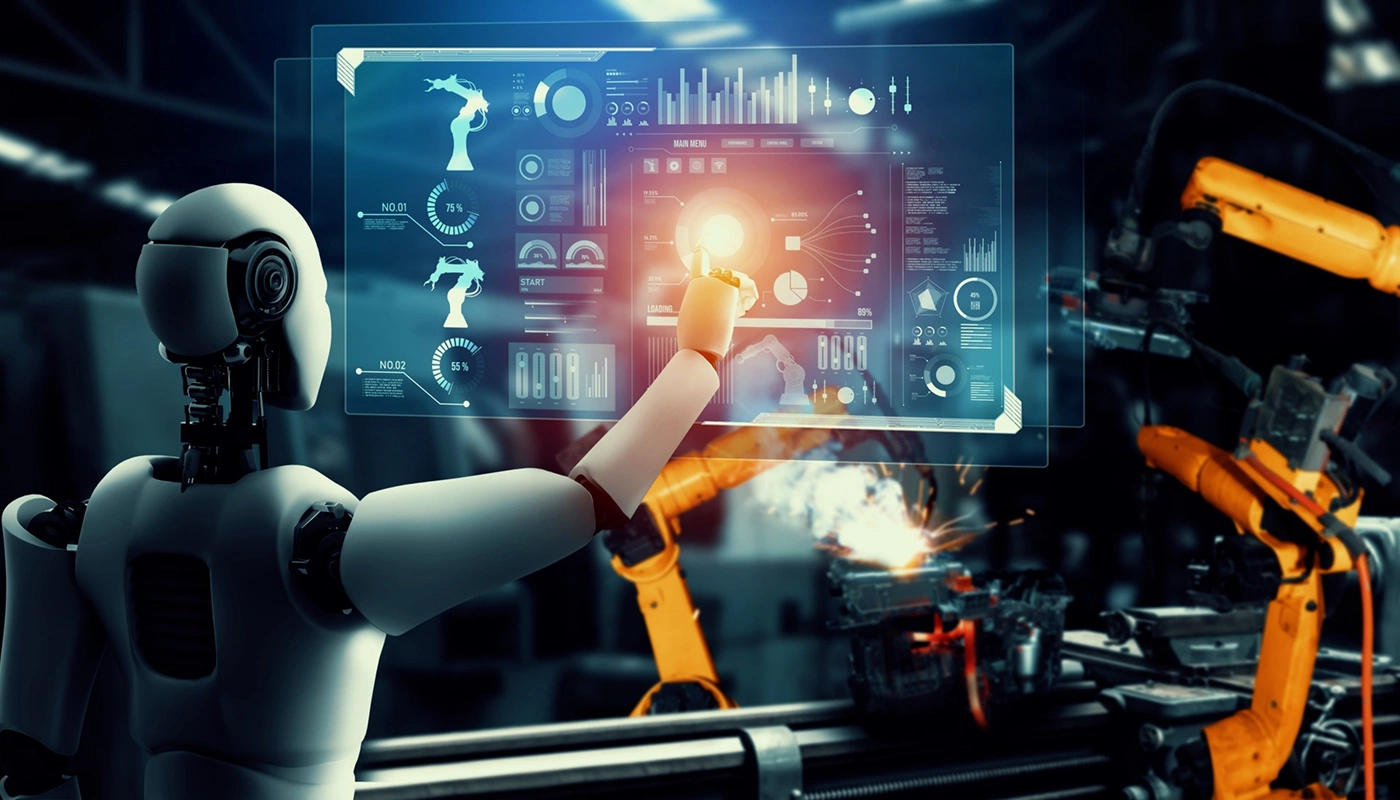Artificial intelligence improves quality, planning, and maintenance. Machine learning predicts faults before they cause downtime. Together, they create highly efficient manufacturing systems.

Artificial Intelligence (AI) and Machine Learning (ML) are transforming the manufacturing landscape by enabling smarter, data-driven production systems. These technologies analyze vast amounts of data in real time to optimize processes, predict equipment failures, and enhance product quality. By integrating AI and ML, manufacturers can reduce downtime, increase efficiency, and respond quickly to changing market demands. This approach allows companies to make more informed decisions, automate repetitive tasks, and innovate faster, positioning AI and ML as essential tools for the future of industrial production.
AI and Machine Learning are redefining modern manufacturing by transforming data into actionable insights. These technologies enable smarter, more efficient, and highly adaptable production systems that improve quality, reduce costs, and accelerate innovation. As industries increasingly rely on AI and ML, manufacturers are empowered to create more resilient, intelligent, and future-ready operations.
AI and Machine Learning provide predictive insights into every aspect of production, allowing manufacturers to anticipate equipment failures, optimize workflows, and minimize downtime. This leads to higher efficiency, reduced maintenance costs, and more reliable operations.
“Artificial Intelligence and Machine Learning are powering a new era of manufacturing where data drives decisions, efficiency is maximized, and innovation happens faster than ever before. By predicting outcomes, optimizing processes, and enabling smarter production, these technologies are transforming traditional factories into intelligent, adaptive, and resilient systems capable of meeting the demands of today and tomorrow.”
AI and ML empower manufacturers to make faster, data-driven decisions, enabling rapid adaptation to market changes, customized production, and innovative product development. This intelligence-driven approach not only increases competitiveness but also supports sustainable and cost-effective manufacturing practices.